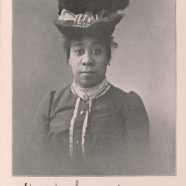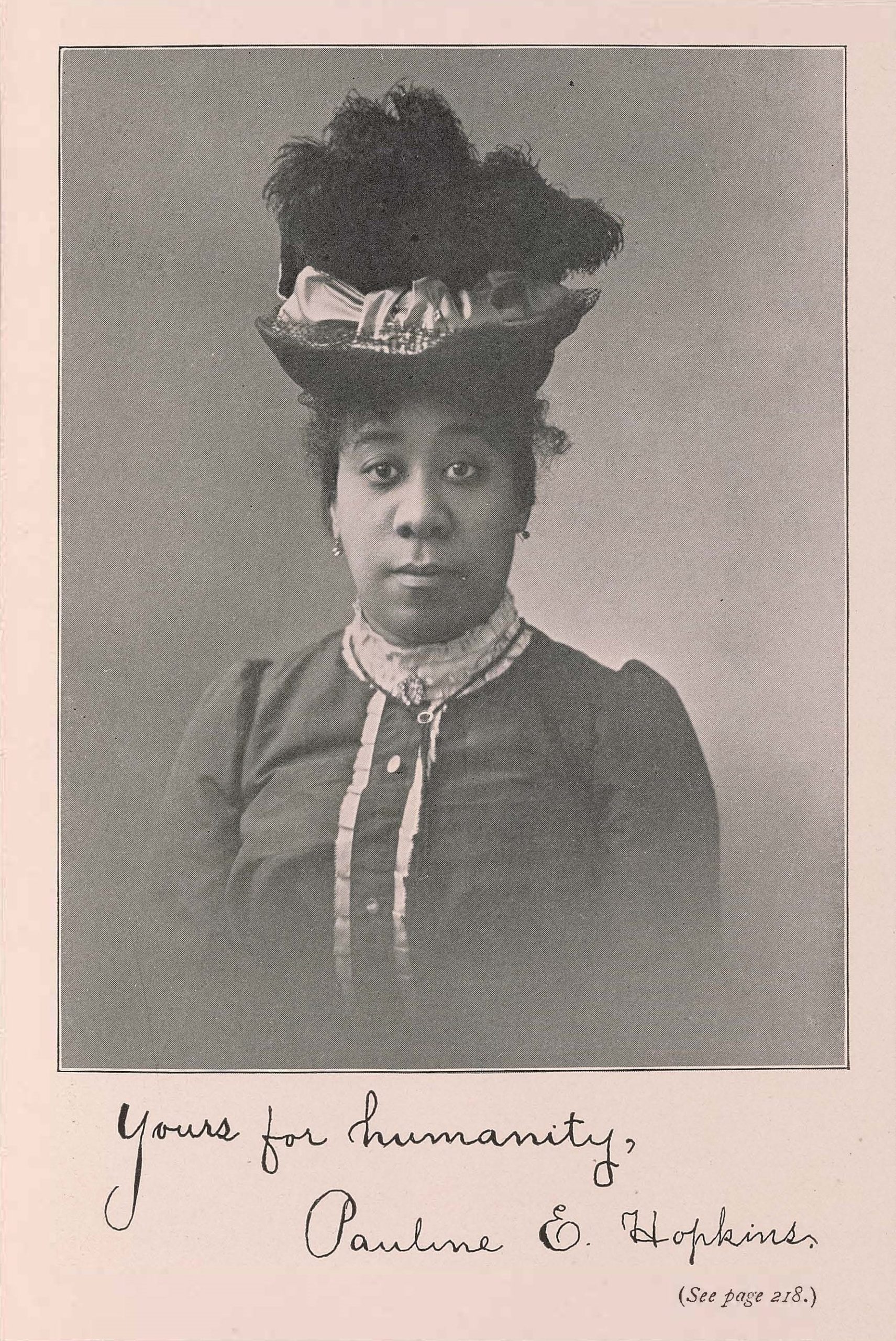Black Utopias
I’ve been teaching Pauline Hopkins’ lost race narrative, of One Blood: Or, The Hidden Self (1902-3) on Birkbeck’s BA Science Fiction module over the past year and was delighted to have the chance to develop this work into a conference paper as part of a panel on “Speculative Fiction and the Modernist Racial Imaginary.” The panel took place at the BAAS Annual Conference 2022 at the University of Hull, and my fellow speakers were Dr Michael Collins (King’s College London) and Dr Aaron Rosenberg (King’s College London).
In the paper, I argued that Hopkins’ odd generic mixings and citational practices were part of a politicised aesthetic strategy to appropriate white discursive and generic frameworks in her construction of a black utopian imaginary, or Afrotopia (as Jalondra A. Davis calls it). Her use of unattributed sources from popular white periodicals and biographical texts about David Livingstone and other colonial explorers can be read as an act of what Ira Dworkin has termed archival “revenge.” In the paper, I build on this reading to think about how Of One Blood constructs a black counterpoetics that might help us think more carefully about the unacknowledged (or under-acknowledged) whiteness of the literary utopia as a genre.
This paper is related to work I’m currently doing on black utopias as part of my book project, Hopeful Inhumanism: The Elemental Aesthetics of Ecocatastrophe. I’d really like to work it up into a more considered investigation of decolonising literary utopian studies by thinking about ideas of black futurity and black hopefulness, and examining what utopian studies as an interdisciplinary field might have to offer contemporary black studies.
Click here to listen to a recording of this talk.








 Dr Caroline Edwards is Senior Lecturer in Modern & Contemporary Literature at Birkbeck, University of London. Her research and teaching specialisms are in 21st century literature and critical theory, science fiction and post-apocalyptic narratives, Marxist aesthetics, and utopianism.
Dr Caroline Edwards is Senior Lecturer in Modern & Contemporary Literature at Birkbeck, University of London. Her research and teaching specialisms are in 21st century literature and critical theory, science fiction and post-apocalyptic narratives, Marxist aesthetics, and utopianism.
Follow / Contact